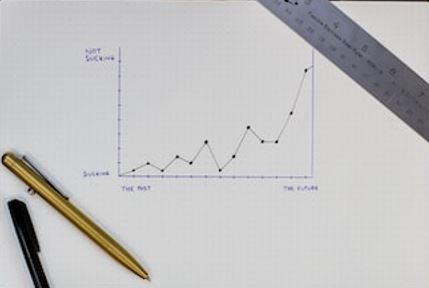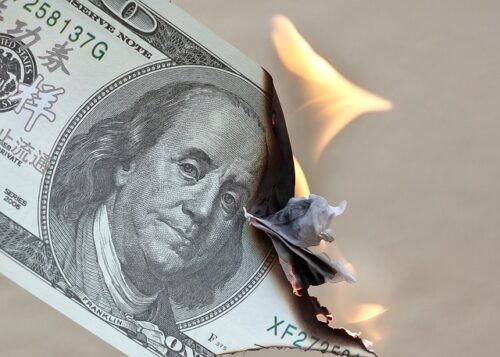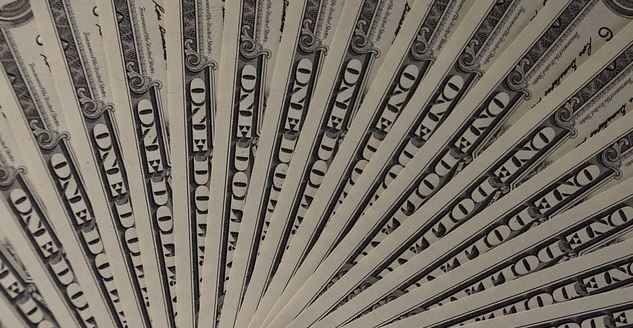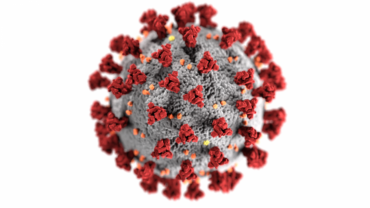Measuring Area Under a Curve in Excel
A valuable function not provided by the Microsoft spreadsheet program Excel is calculating the area under a curve. This basic function is needed for many quantitative analysis problems when the data does not fit a defined algebraic function.

Credit: Clipped from a photo by Isaac Smith on Unsplash1






